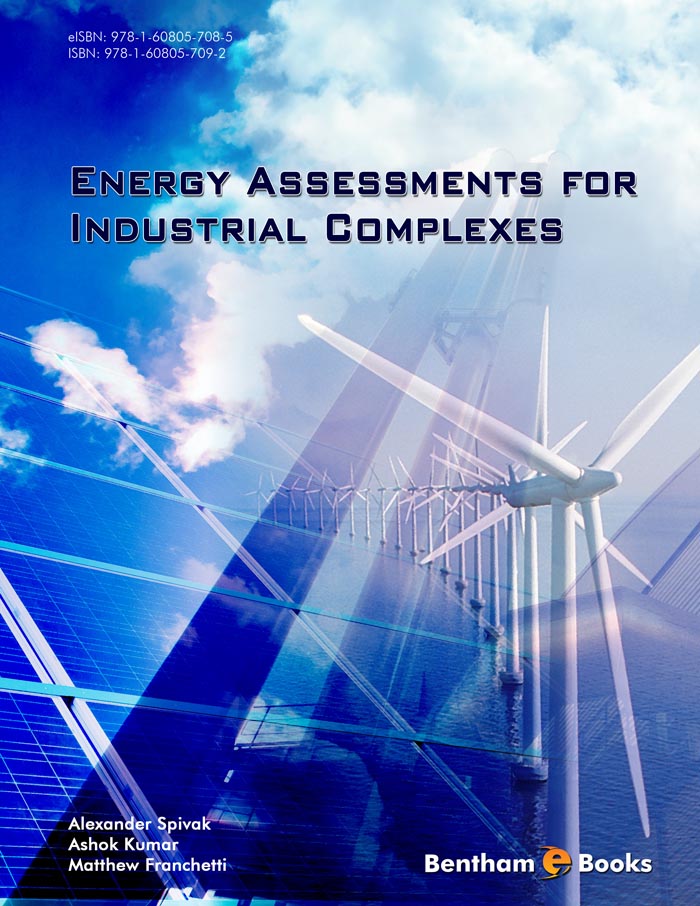Preface
This eBook discusses methods that businesses may employ to reduce energy costs through environmentally sustainable methods. Environmental sustainability and energy conservation are important topics in today’s business climate. There are 23 chapters covering various aspects of energy assessments and each chapter is linked to case histories that are given in the appendix. This eBook discusses how to improve financial and environmental management of most components of a business, from lighting and office supplies to boilers and compressors. Readers will find useful tips on managing their energy needs in a financially sound and environmentally sustainable way. The eBook is designed for mid- and upper-level managers planning to start or currently conducting energy assessments for production sustainability programs for their company.
Those who wish to gain a better understanding of many ways to reduce energy consumption can benefit from this eBook. We are indebted to the former and current Civil Engineering graduate students of the Air Pollution Research Group and Mechanical Industrial and Manufacturing Engineering (MIME) students at The University of Toledo, who were involved in this research over the last 15 years and developed the software that is being used to carry out the energy assessments documented in the Appendix. Special thanks to the Center for Innovative Food Technology (CIFT), TechSolve, Inc., and other participants for of the energy assessments discussed in the appendix of this eBook. We are grateful to the CIFT, TechSolve, Inc., Edison Welding Institute (EWI), and Cleveland Advanced Manufacturing Program (CAMP) for participating in the PPIS grant. We appreciate the research grants awarded by the United States Environmental Protection Agency (U.S. EPA) to The University of Toledo, which made possible the development of software available on our web site and execution of P3 assessments discussed in the Appendices. We would also like to thank Kathryn Rose for editorial assistance and her contributions to the structure and format of the eBook.
Even if one user wants to apply energy assessment tools to reduce energy consumption anywhere in the world, this eBook will serve its intended purpose. These tools will assist environmental professionals in recommending energy strategies for their organization, as well as improving existing tools and developing new approaches. The views expressed in this eBook are those of the authors alone and do not represent the views of the organizations who, over the years, funded the assessments. The authors do not have any financial interest in the software discussed/used in this eBook.
STATEMENT OF CONFLICT OF INTEREST
We acknowledge that our research group has not been paid, sponsored or offered any incentives in any way by the producers mentioned in the eBook.
Alexander Spivak
Ashok Kumar
&
Matthew Franchetti
College of Engineering
The University of Toledo
Toledo, OH 43606
USA

